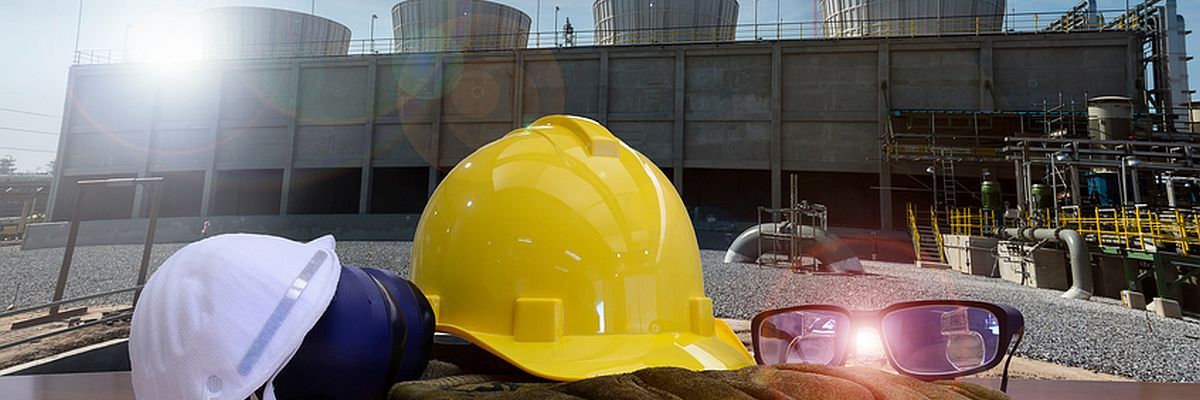- Home
- Services
- Process Hazard & Risk Assessment
- Consequence & Risk Modelling
- COMAH Support
- Offshore Safety
- Functional Safety
- Process Safety Management
- DSEAR Support
- Alarms Management
- Human Factors Management
- Management of Change
- Engineering & Operations Support
- Environmental Risk Management
- Audits & Training
- Asset Risk Management
- Experience
- Philosophy
- Contact Us

Procedures Management
Problems with procedures are frequently cited as the cause of major accidents. The main causes are too much reliance placed on procedures to control risk, a failure to follow safe working procedures or the use of inadequate procedures.
A study of refinery incidents in the United States concluded that procedures were the most common human factors root cause (accounting for 22% of all refinery incidents). Procedures problems have contributed to some of the world’s worst incidents, such as Bhopal, Piper Alpha and Clapham Junction.
Procedures are agreed safe ways of doing things. Written procedures usually consist of step-by-step instructions and related information needed to help carry out tasks safely. They may include checklists, decision aids, diagrams, flow-charts and other types of job aids. Procedures may not be paper document, they may appear as ‘on screen’ help in control system displays.
Procedures are used to minimise errors, protect against loss of knowledge, standardise working practice, etc. The decision to rely on a procedure to control a risk must always come after all reasonable attempts to remove the hazard or reduce the risk. Wherever procedures are chosen as part of a defence against major hazards, this can only be justified if compliance can be assured.
The effectiveness of procedures depends upon operators following them, and having a suitable procedure in the first place. Hence, there should be a system in place for the management of procedures and it must involve active participation of the users of the procedures.
The development of procedures should be informed by appropriate risk assessment such as Human-HAZOP. Participating in the risk assessment is also a good method of ensuring that the user is involved, which is important to ensure their buy-in.
At KK Risk, our approach to procedures management is that it should be driven by a site’s major hazard and risk assessment – this ensures the necessary buy-in from the users of the procedures. We believe that that the starting point should be procedures for safety-critical tasks.
A study of refinery incidents in the United States concluded that procedures were the most common human factors root cause (accounting for 22% of all refinery incidents). Procedures problems have contributed to some of the world’s worst incidents, such as Bhopal, Piper Alpha and Clapham Junction.
Procedures are agreed safe ways of doing things. Written procedures usually consist of step-by-step instructions and related information needed to help carry out tasks safely. They may include checklists, decision aids, diagrams, flow-charts and other types of job aids. Procedures may not be paper document, they may appear as ‘on screen’ help in control system displays.
Procedures are used to minimise errors, protect against loss of knowledge, standardise working practice, etc. The decision to rely on a procedure to control a risk must always come after all reasonable attempts to remove the hazard or reduce the risk. Wherever procedures are chosen as part of a defence against major hazards, this can only be justified if compliance can be assured.
The effectiveness of procedures depends upon operators following them, and having a suitable procedure in the first place. Hence, there should be a system in place for the management of procedures and it must involve active participation of the users of the procedures.
The development of procedures should be informed by appropriate risk assessment such as Human-HAZOP. Participating in the risk assessment is also a good method of ensuring that the user is involved, which is important to ensure their buy-in.
At KK Risk, our approach to procedures management is that it should be driven by a site’s major hazard and risk assessment – this ensures the necessary buy-in from the users of the procedures. We believe that that the starting point should be procedures for safety-critical tasks.